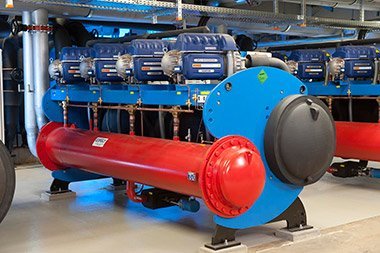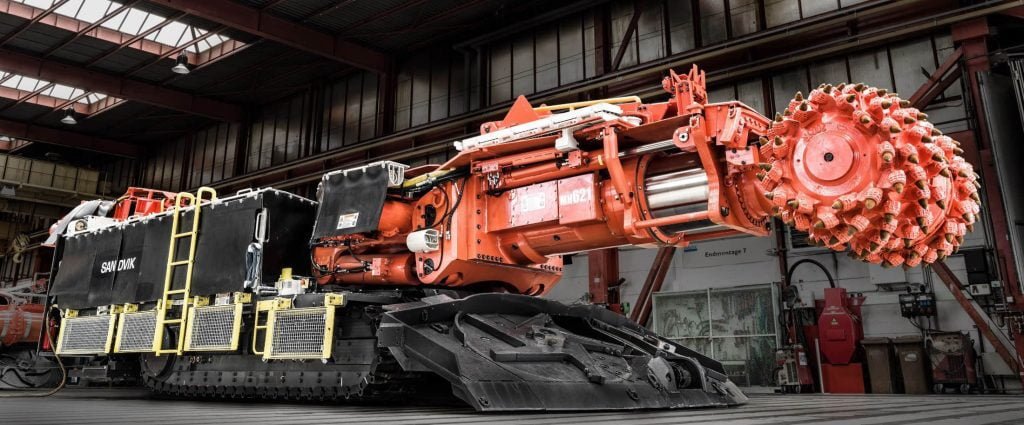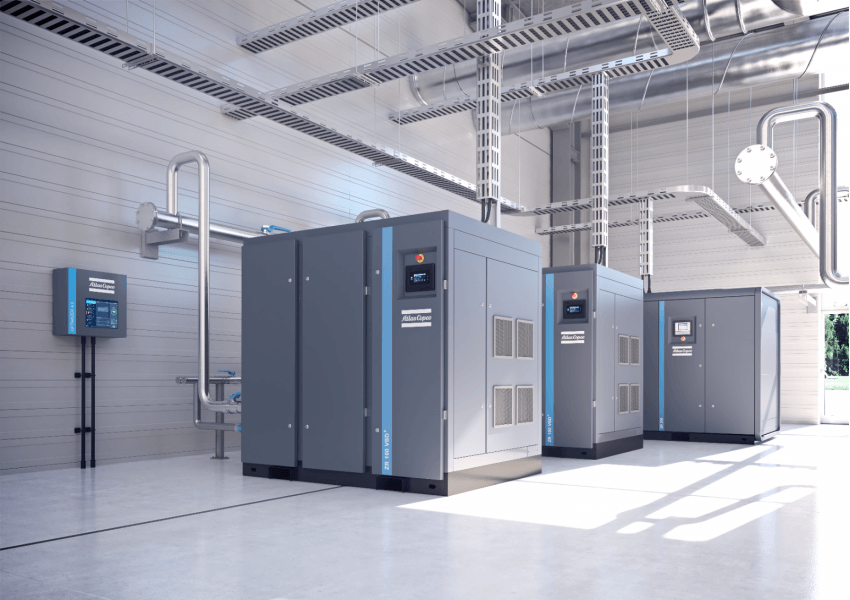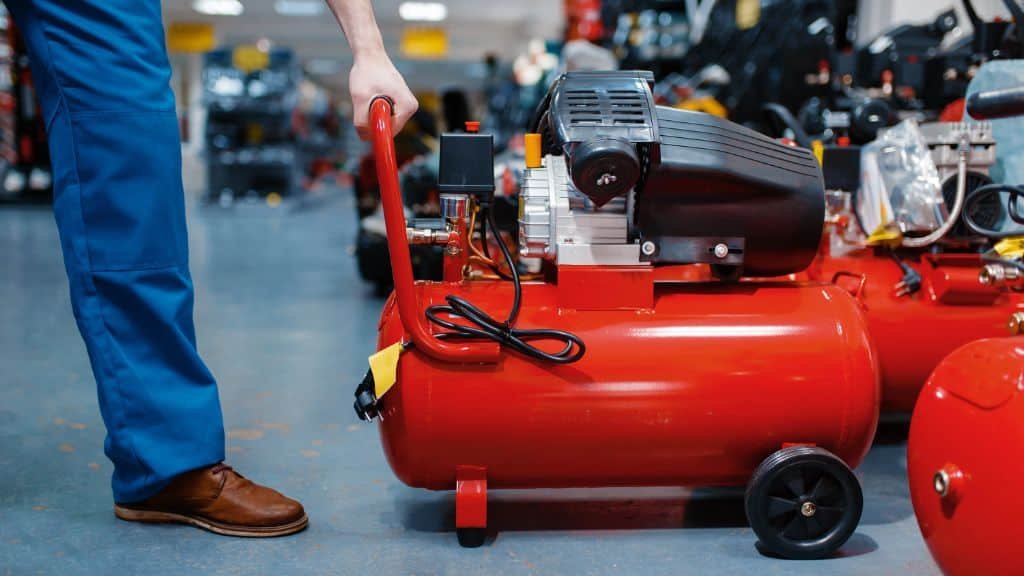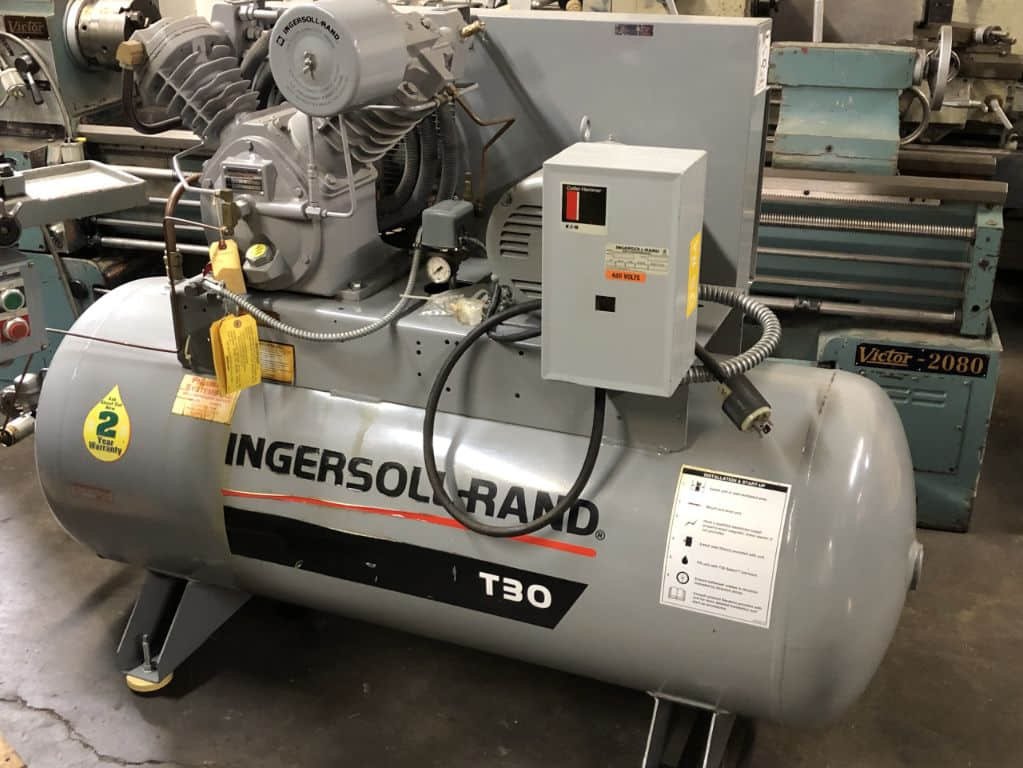In the world of industrial processes, efficient cooling systems play a vital role. One such cooling system is the industrial chiller. Industrial chillers are powerful machines that remove heat from industrial processes to maintain optimal working conditions. In this comprehensive guide, we will delve into the various aspects of industrial chillers, their types, applications, and key considerations.
What Are Industrial Chillers?
Industrial chillers are refrigeration systems designed to cool and control the temperature of industrial processes. They remove heat from the process and transfer it to a cooling medium, such as air or water. By maintaining precise temperature control, industrial chillers ensure that machinery, products, and processes operate efficiently.
Types of Industrial Chillers
Air-Cooled Chillers
Air-cooled chillers use ambient air to dissipate the heat generated by the industrial process. They consist of a compressor, condenser, expansion valve, and evaporator. These chillers are relatively easy to install, require less maintenance, and are suitable for applications where a constant supply of water may not be available.
Water-Cooled Chillers
Water-cooled chillers rely on water as the cooling medium. They use a cooling tower to reject heat from the condenser, which allows the chilled water to be recirculated. Water-cooled chillers offer higher efficiency compared to air-cooled chillers and are ideal for applications where water is readily available.
Absorption Chillers
Absorption chillers are driven by a heat source, such as steam or hot water, instead of a compressor. They utilize the absorption refrigeration cycle to cool the process. Absorption chillers are widely used in industries where waste heat or low-cost heat sources are available.
Centrifugal Chillers
Centrifugal chillers are large-capacity chillers that use centrifugal force to compress the refrigerant. They are known for their high cooling capacity and energy efficiency. Centrifugal chillers are commonly used in large industrial facilities, such as power plants and manufacturing plants.
How Do Industrial Chillers Work?
Industrial chillers follow the basic principles of refrigeration. They circulate a refrigerant through a closed loop system, absorbing heat from the process and releasing it elsewhere. The refrigerant undergoes phase changes, transitioning from a low-pressure gas to a high-pressure liquid in the process.
The cycle starts with the compressor, which pressurizes the refrigerant gas, raising its temperature. The high-pressure gas then flows into the condenser, where it releases heat and condenses into a high-pressure liquid. The liquid refrigerant then passes through the expansion valve, where its pressure and temperature drop.
Next, the low-pressure liquid refrigerant enters the evaporator, where it absorbs heat from the industrial process. The refrigerant evaporates, turning into a low-pressure gas. This gas is then sucked back into the compressor, and the cycle repeats.
Applications of Industrial Chillers
Industrial chillers find applications in various industries, including:
- Plastics industry: Cooling molds in injection molding processes.
- Food and beverage industry: Cooling processes in food processing, breweries, and wineries.
- Pharmaceutical industry: Cooling processes in drug manufacturing and storage.
- HVAC systems: Cooling commercial buildings, hospitals, and data centers.
- Chemical industry: Cooling reactors, distillation processes, and solvent recovery.
Factors to Consider When Choosing an Industrial Chiller
When selecting an industrial chiller, several factors need to be considered:
Cooling Capacity
The cooling capacity of a chiller should match the heat load of the industrial process. It is crucial to accurately calculate the required cooling capacity to ensure optimal performance.
Energy Efficiency
Energy efficiency is an important consideration to minimize operating costs. Look for chillers with high energy efficiency ratios (EER) or coefficient of performance (COP) ratings.
Maintenance and Service
Consider the ease of maintenance, availability of spare parts, and service support from the manufacturer or supplier. Regular maintenance is essential to keep the chiller operating at peak efficiency.
Noise Levels
Some industrial processes require quiet operation. Choose a chiller with low noise levels if noise is a concern in your application.
Environmental Impact
Environmental considerations, such as refrigerant type and global warming potential (GWP), are important. Opt for chillers that use environmentally friendly refrigerants with low GWP.
Benefits of Using Industrial Chillers
Industrial chillers offer several benefits to industrial processes:
- Precise temperature control: Industrial chillers ensure consistent temperature control, leading to improved product quality and process efficiency.
- Increased equipment lifespan: By maintaining optimal operating conditions, chillers help prolong the lifespan of machinery and equipment.
- Energy savings: Efficient chillers can significantly reduce energy consumption and lower operational costs.
- Flexibility: Industrial chillers can be customized to meet specific process requirements, allowing for adaptability and scalability.
Common Troubleshooting Issues and Solutions
While industrial chillers are reliable machines, issues may arise from time to time. Here are some common troubleshooting issues and their solutions:
- Insufficient cooling capacity: Check if the chiller is correctly sized for the heat load. If necessary, upgrade to a higher capacity chiller.
- Refrigerant leaks: Detect and repair refrigerant leaks promptly to prevent further damage and ensure optimal performance.
- Poor water flow: Inspect the water flow rate and check for any obstructions in the system. Clean or replace filters if necessary.
- High energy consumption: Regularly maintain and clean the chiller to ensure it operates at peak efficiency. Consider upgrading to a more energy-efficient model if necessary.
Conclusion
Industrial chillers are indispensable in many industrial applications, providing efficient cooling solutions for various processes. By understanding the different types of chillers, their working principles, and key considerations, you can make informed decisions when selecting and utilizing industrial chillers. With their precise temperature control, energy efficiency, and numerous benefits, industrial chillers contribute to enhanced productivity and optimized operations in diverse industries.
FAQs
Q: How long do industrial chillers last? A: The lifespan of an industrial chiller depends on various factors, including maintenance, usage, and quality. With proper care, industrial chillers can last 15 to 25 years.
Q: Can industrial chillers be used outdoors? A: Yes, both air-cooled and water-cooled chillers can be installed outdoors. However, proper protection from the elements and appropriate maintenance measures should be taken.
Q: Are industrial chillers expensive to operate? A: While the initial investment may be higher compared to other cooling solutions, industrial chillers offer long-term energy savings, leading to reduced operating costs.
Q: Can industrial chillers be retrofitted for increased capacity? A: In some cases, industrial chillers can be retrofitted or upgraded to increase their cooling capacity. Consult with a professional to determine the feasibility and cost-effectiveness of such modifications.
Q: What is the ideal temperature range for industrial chillers? A: The ideal temperature range for industrial chillers varies depending on the application. Generally, industrial chillers can achieve temperatures as low as -40 degrees Celsius (-40 degrees Fahrenheit) and as high as 25 degrees Celsius (77 degrees Fahrenheit).
